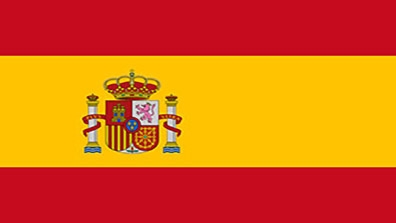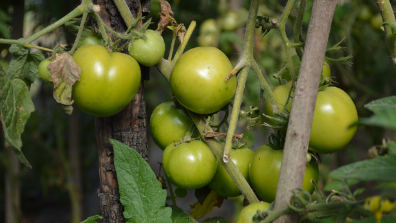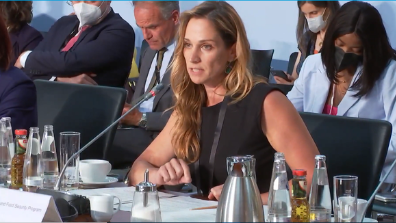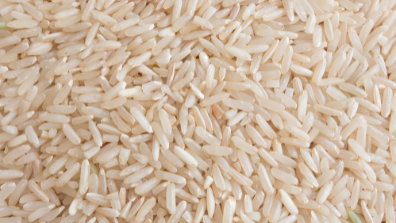Honduras’s landscape stretches from tropical rainforest to the Caribbean Sea coastline. The country’s stunning diversity is also what makes it vulnerable to extreme weather events, from tropical storms and hurricanes to low rainfall and high temperatures. Warming temperatures have affected agriculture and led to water shortages while threatening the coastal ecosystems.
Yet despite these threats and low agricultural productivity, Honduras is still highly dependent on imports for its food needs. Agriculture remains the primary source of income and food security for rural communities. Since 2017, across 25 municipalities of the Dry Corridor, the US$30 million six-year Corredor Seco Food Security Project (ACS-PROSASUR) GAFSP-supported project has been implemented to bring food and nutrition security to Honduras’ driest areas, enabling farmers to produce nutritious food for their families and the market.
In this Insight Series, Sr. Don Mariano Jiménez Talavera, former Permanent Representative to the UN Rome-based Agencies, gives his insight on working with the GAFSP. He explains why investing in agriculture is more critical now than ever before and how planning in the long term, together with communities, can help us build resilience to future crises.

Former Secretary of Agriculture and Livestock of Honduras from 2002 to 2006
Faster response during times of crisis
If GAFSP was important when we received support for Honduras’ driest areas during the drought in 2017, then it is even more important now. The situation in Russia and Ukraine has changed the global political scenario, already compounded by climate change, leading to more immigration, food security challenges, and poverty. This combination of crises calls for support that can help communities respond quickly. GAFSP support is fast and responsive, and we are in a situation right now where time is a critical factor for people affected. And while funding emergencies is important, this support encourages long-term agricultural development within countries towards less migration, fewer social problems, and better-managed climate challenges. By creating better possibilities within our countries, people will want to stay, cultivating opportunity and a more resilient response. Fewer emergencies will create more support for long-lasting, sustainable development.
Shifting the focus of our food system
Everything was locked down during the COVID-19 pandemic, but the food system kept going – farmers were getting food into supermarkets. The health crisis showed that innovation within the food system is possible, but it also highlighted weaknesses. Over the last 20 years, we have become interdependent, with globalization and trade encouraging food imports. The current global situation calls for a shift in the way we produce food: to produce our own food, manage our own food system, and create a better price from ‘farm to table’ for both producers and consumers. This does not require less trade, but more investment in domestic innovation; more support for research and academics, especially within the agri-food system. The global crises we are seeing have knock-on impacts on every country, including rising prices. We must focus on boosting local food production and supporting communities to increase yields while reducing their costs.
Investing from farm to table
Although boosting agriculture will require investment in the backbone of the economy – to develop drip irrigation and other infrastructure, for example – we must holistically consider the entire agricultural value chain. Increasing the supply of staple foods such as eggs, maize, corn, and rice, must be combined with good marketing; research to ensure competitive local pricing for long-term, sustainable development; and value addition or storage options which do not require too much energy or resources. Solutions must be locally relevant for impact: there are different opportunities in rural and urban areas, and communities will require different support. For example, those in suburban areas may not have much land, but they can be supported to grow products vertically. Those in rural areas can be supported to benefit from rural credit schemes, especially women responsible for supporting families. Increasing agricultural production must also not come at the cost of long-term sustainability, and it’s critical to tap into indigenous knowledge to use resource sustainability.
Call to invest in locally driven change for impact
GAFSP encourages a rich, down-to-earth approach because proposals are written by those affected: people who know the reality on the ground, like Producer Organizations. This leads to reliable project implementation. With a long history of impact, channeling more money to build long-term solutions for agriculture is more critical than ever. As countries, we collectively face many challenges, from migration to climate change, drought, poverty, and flooding. We still have the opportunity to address these challenges, but to do so, all countries must work together sincerely. The war in Ukraine is costing US$ billions, yet this money spent on destruction is not forthcoming from the international community to save lives. It is easier to prevent a problem than it is to cure it.




